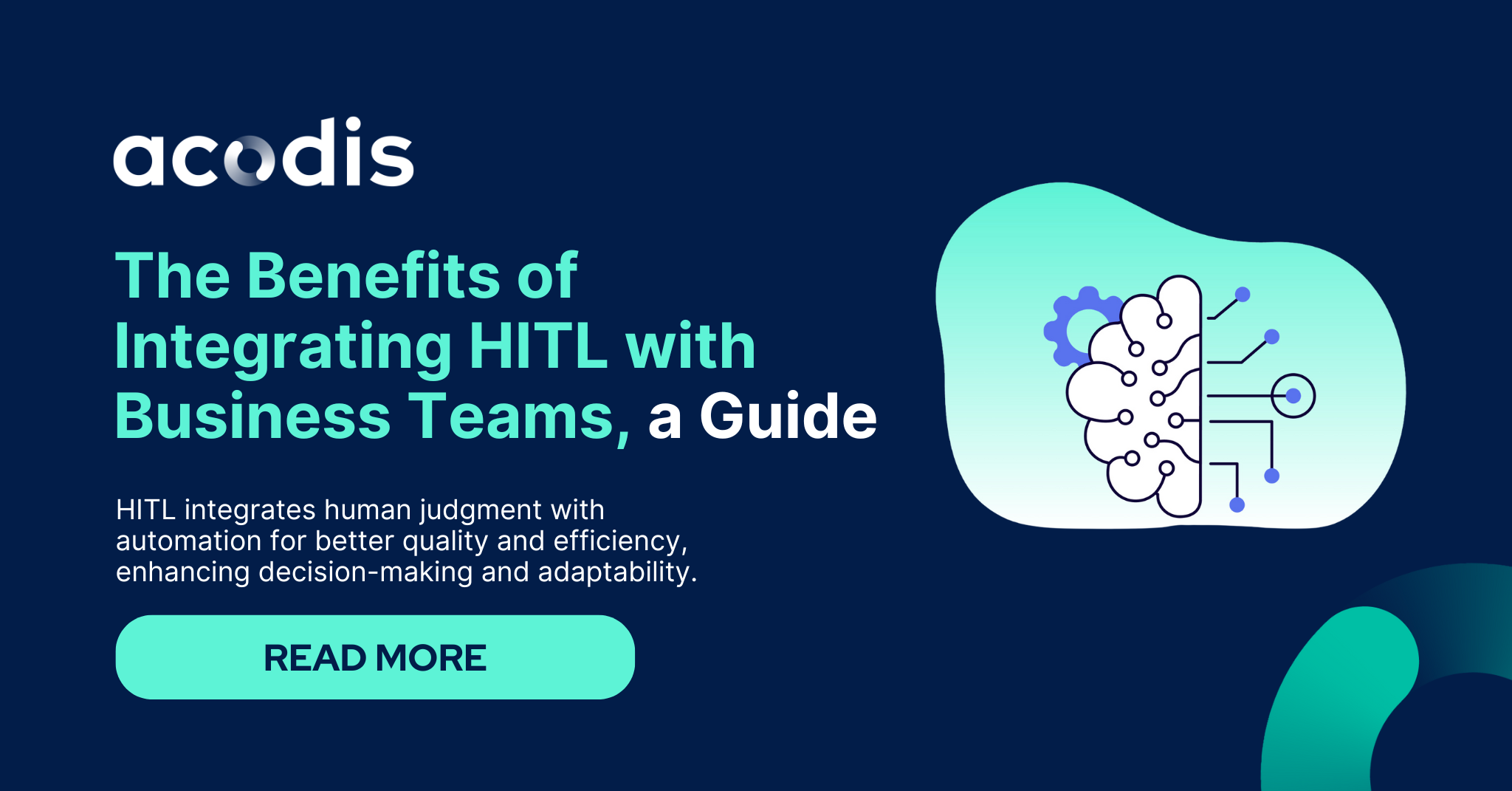While technology is developing at such a rapid pace, many enterprises remain stuck in the past with outdated tools, and frankly, outdated mindsets.
The reality is, organisations are continuously experiencing unresolved issues related to extracting data from documents. In this report, we’ll explore exactly how this is possible in such an advanced society, and how enterprises can rid themselves of these challenges.
Table of content
- Why is data so important for businesses?
- What are common data extraction issues?
- Banking
- Healthcare institutions
- Legal firms
- Logistics companies
- Failing data extraction methods
Why is data so important for business?
Data is the core of almost every business decision made. Human resources managers gather data from digital resources to steer them to the best / most ideal candidates.
Impact data has on departments:
Marketing departments use data to assist with segmentation, which then helps them target consumers more accurately. Business executives utilise data to monitor industry trends and even price fluctuations. And these examples are merely skimming the top off of the broader picture.
Data, when used effectively, enables businesses of all shapes, sizes, and origins to streamline countless processes and helps make informed decisions – which, in the end, will provide some form of success. While at first, data may seem like the golden ticket to any company looking for this dose of success, only the information gathered, stored, and extracted correctly can deliver positive results.
What are common data extraction issues?
Though modern-day technology harnesses many benefits of a digitised workplace, the biggest challenge faced by businesses today is managing large volumes of data – whether digitised or not – in an efficient and cost-saving way.
With data coming from various formats and sources, the human workforce is burdened now more than ever with handling such large volumes of information without any scope of errors.
Nonetheless, issues faced with extracting data can vary for each type of industry. Here are some examples:
Banking
- Poor data quality
- Slow data production
- Expensive processes that fail to reach targets
Healthcare institutions
- There is no way to standardize data formats
- Medical wearables create streaming data
- Data privacy and compliance regulations
- Healthcare needs more data integration processing power
Legal firms
- Document types are time-consuming to process
- Data privacy and compliance regulations
- Unwillingness to adopt a tool over an employee
Logistics companies
- Finding a solution that can solve all (or most) issues
- Slow data production
- Complex document types
Failing data extraction methods
Basic OCR
OCR, or Optical Character Recognition, is a series of methods for turning the text in digitised images into machine-readable code.
Many OCR engines fail to support and understand the complexity of the input data in a given document. For example, if the input document is a form then the OCR might identify the text but may not recognize text over a line of the text in blocks. This may result in unexpected output.
Effectiveness of Intelligent OCR:
What organisations don’t realise, is that OCR that is combined with artificial intelligence, and its subset, machine learning, can be extremely effective in reaching modern-day data extraction objectives.
This is where companies fear switching to alternative solutions that include some form of OCR.
Manual data extraction
Managers and business owners deal with the misconception that hiring more team members will solve many data extraction issues. Yet, one of the most significant downsides of manual data entry is human error. When you rely on a person or team to correctly transfer data from one place to another, mistakes are to be expected.
What factors contribute to errors?
- Eye fatigue
- Inattentiveness
- Hard-to-read information
These mistakes, for example, can lead to mislabeled packages, inaccurate order quantities, and even budget flaws. Furthermore, manual data entry requires time and money to train employees.
Final verdict
So what can we take away from this? It’s evident that companies are still grasping onto outdated methods of data extraction, which is inevitably causing continuous issues. The bottom line is, intelligent data extraction is still a growing solution that needs to be made more aware across industries.




